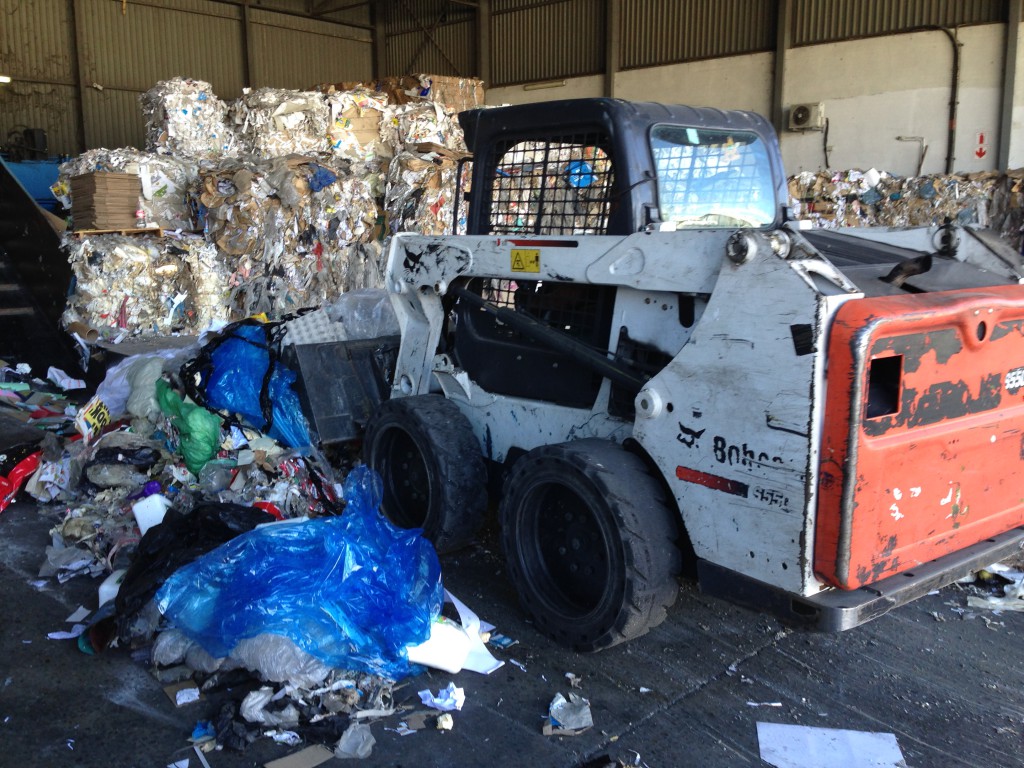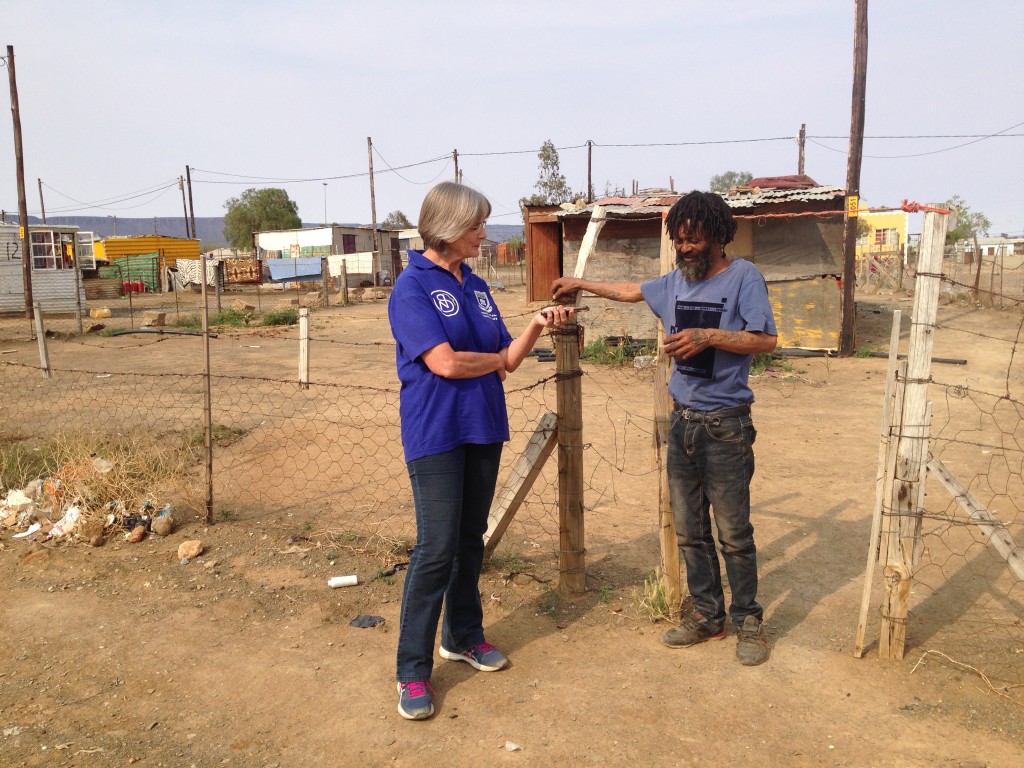about waste & society

Context, history, and objectives
According to the last official published statistics for South Africa, 90% of all waste was disposed to land (landfills and dumpsites) in 2011. According to the CSIR, an estimated 7.2% of urban and 6.2% of rural households regularly separate their waste for recycling. Furthermore, South Africans still landfilled R17 billion worth of resources, as waste, every year (as at 2011). These statistics underline the challenges that South Africa is facing in respect to waste. The mismanagement of waste has a direct negative impact on the environment and on the health of communities. However, the paradigm shift from “waste” to “resource” brings opportunities for improved livelihoods and the reduction in poverty. In light of the these figures, challenges and opportunities, reconceptualising the way we deal with waste as a society not only builds a cleaner and more environmentally sustainable South Africa, but has the potential to unlock job opportunities, improve livelihoods and reduce unemployment. The South African waste sector is in desperate need of change.
Our Focus
The Chair focuses on research to create and foster appreciation for the value of waste in service of the wellbeing of people and the environment.
This core purpose of the Chair is supported by four research aims.
1
In the first place, the team will concentrate on understanding perceptions and behaviour relating to waste. Insights gained from research concentrating on this aim, have the potential to bolster behavioural change and waste diversion strategies. Integrating informal waste pickers in relevant solutions is also an important consideration. Evidence based research will also focus on communication/awareness strategies to changing South Africa’s behaviour.
2
In the second place, the Chair will explore possible job creation opportunities along the waste value chain. International studies have indicated that for one job in landfilling, four jobs could be created in composting, ten in material recovery facilities, 25 in recycling and 296 in computer reuse. The identification of direct, indirect and induced job opportunities in different waste value streams and waste value chains, in South Africa, is therefore of significant value.
3
In the third place, business models must be investigated and developed, with a focus on small businesses in the waste sector. Many SME opportunities exist in waste diversion. The realisation of these opportunities can contribute to the national target set in the second National Waste Management Strategy, to create 69 000 jobs and 2600 SMMEs.
4
Lastly, the Chair will support and capacitate emerging researchers. Currently, the number of established and emerging researchers and postgraduate students in the field of waste and society is small. By involving students and researchers in research projects, development of research partnerships, hosting conferences, workshops and seminars, the Chair will contribute to establishing a corpus of skilled researchers in the waste field.
The DSI-NRF-CSIR SARChI Chair in Waste & Society is headed by the former HOD of the Department of Social Work at UWC, Professor Rinie Schenck. She has more than 30 years of experience in social sciences. Her fields of specialisation include poverty and unemployment, informal employment, waste recycling, day labour studies and community development.

OUR COLLABORATIONS
National Research Foundation – Communities of Practice (CoP) Initiative
Communities of Practice (CoP) are defined as Research Chair-led alliances, in which established researchers collaborate to produce solution-oriented research findings with an intention to translate research outputs into tangible outcomes and influence policy development and implementation through communication of the relevant research findings.
This particular CoP aims at unlocking the economic, societal and environmental potential of the currently largely untapped resource: waste in South Africa. The research approach is geared according to this core aim by drawing together the activities of a number of SARChI Chairs and collaborators from different disciplines – social sciences, law, economics and engineering – to explore in parallel various dimensions of the question of how to unlock this potential in the most equitable way in the South African context.
The CoP or Chair–led alliance is hosted by the University of Cape Town and led by Professor Jochen Petersen.
The SARChI Chairs who are part of the CoP are the following:
Lead Chair: Professor Jochen Petersen
SARChI Chair – Minerals Beneficiation
University of Cape Town
Professor Cristina Trois
DST/NRF/CSIR SARChI Chair – Waste and Climate Change
University of Kwa-Zulu Natal
Professor Hanri Mostert
SARChI Chair – Mineral Law in Africa
University of Cape Town
Professor Ann Starke
SARChI Chair – Sugarcane Biorefining
University of Kwa Zulu Natal
Professor Catherina Schenck
DST/NRF/CSIR SARChI Chair – Waste and Society
University of the Western Cape
Sources
- Averda “South Africa’s first research chairs on waste management appointed” https://averda.co.za/news/south africa-first-research-chairs-waste management- appointed/ 2 November 2018.
- Kruger, N “New SARChI Chair Catherina Schenck Rethinks Waste to Improve Society and Empower Entrepreneurs” https://www.uwc.ac.za/News/Pages/New- SARChI-Chair-Catherina-Schenck Rethinks-Waste-To-Improve-Society-And- Empower-Entrepreneurs.aspx
- Liedtke, S “Research chairs established to assist South African waste sector” Creamer Media’s Engineering News 14 August 2018. Schenck, R “DST/NRF/CSIR Chair in Waste and Society: ‘Waste is a social issue’” https://www.nrf.ac.za/sites/default/files/docu ents/Prof%20Schenck%20SARChI%2 0Chair%20Launch.pdf
- Tshangela, L “Waste can create jobs: Research Chair” SABC News 15 August 2018. http://www.sabcnews.com/sabcnews/waste-can-create-jobs-research-chair/
